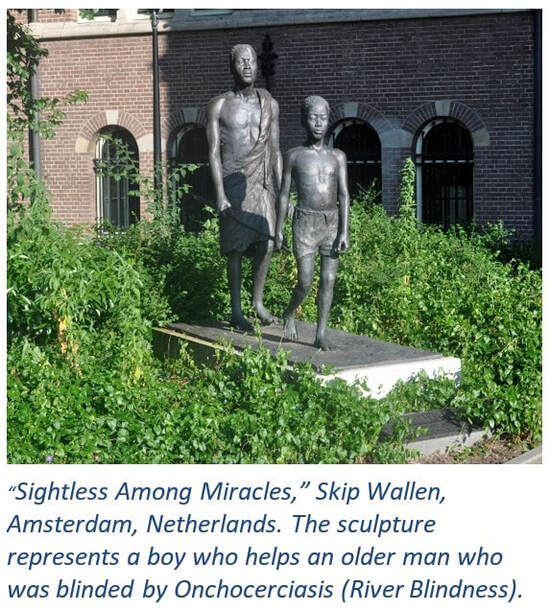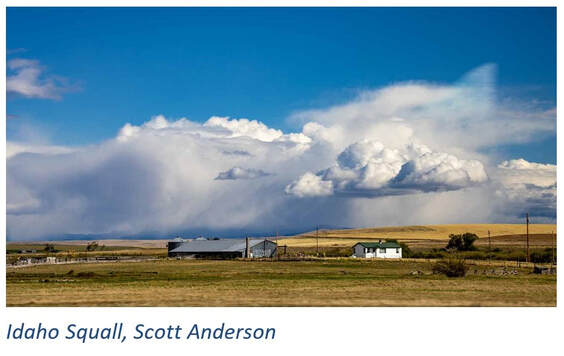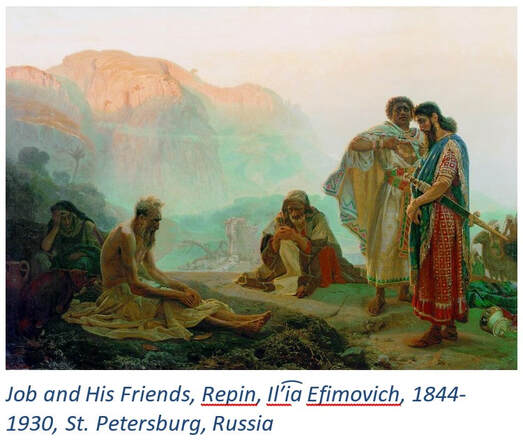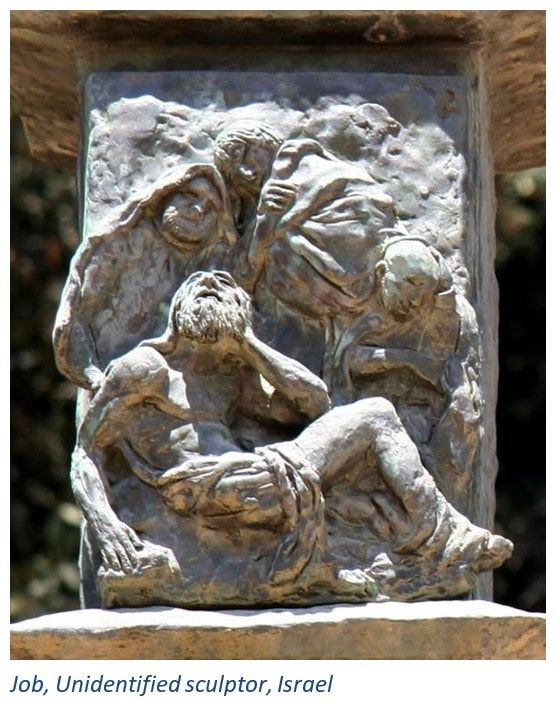 Jesus said, “Take away the stone.” ~John 11:39a It is no accident that this All Saints Sunday comes to us in the fall in the northern hemisphere. Daylight wanes. Animals are busy preparing for winter. A season is ending. But as the trees drop their leaves, the harvest is in full motion. Seeds for a spring that seems far in the future, are gathered and planted. Sorrow and joy are so often close companions. It is no less true for Jesus who weeps for Lazarus only breaths before he raises him to life. Death and new life are intricately linked. They are chapters in our same story. Hopefully, we are always taking stock of these rich truths. This year, physically together again after such a long time apart, the moment seems especially poignant, ripe even, to do so. We have lost so many, and also, so much. The pandemic has exposed and magnified the fault lines of injustice, especially racial and economic injustice, that many of us have spent so much time and energy hiding from ourselves. The stories of our own “saints” are, of course complicated. What stories do you need to mark, remember, unearth, mourn, and celebrate this year? It is the full truth of these things that set us free. It is the full truth of what God can do to raise life where there only seems to be death. Take away the stone. Enter into worship.
We continue to keep our financial commitments to our mission partners and staff. If you are not yet able to join us, thank you for remembering to send in your financial pledges and offerings or donating here.
0 Comments
 Many sternly ordered him to be quiet, but he cried out even more loudly, “Son of David, have mercy on me!” ~Mark 10:46 There’s a lot being undone these days…deconstructed, if you prefer a technical term. And if what has been con-structed does harm or just doesn’t work anymore, then we wouldn’t really want it any other way, would we? Sometimes you have to tear down what stands in the way of the good, of progress, of blessing—even if it can cause some of us discomfort, or make us a little less sure-footed. In the center of the story in Mark for this week, right after Bartimaeus raises his voice to call out for mercy, Mark tells us that Jesus stands still. It is a striking image, especially amidst the frenzy of the scene, Jesus stopping. Standing still. Listening. Bartimaeus calling out. The crowd shouting him down. And then, Jesus calls him to the still, quiet center and lifts his voice for all to hear. Our last of four encounters with the book of Job is striking for its similarities. Job, after finally receiving a response from God, lifts his voice and is restored. But what does he say? It is not as clear as we might hope. We need the voice of suffering to be raised for truth to be present, even if it undoes us a little bit in order to remake us all. Enter into worship.
We continue to keep our financial commitments to our mission partners and staff. If you are not yet able to join us, thank you for remembering to send in your financial pledges and offerings or donating here.
 Then the Lord answered Job out of the whirlwind… ~Job 38:1 We are in something of a storm ourselves these days—whether we choose to acknowledge and address it meaningfully or not. Catastrophic weather events signal a climate crisis that is not going to go away by itself. Our future is in question. It seems that God has waited patiently while Job and his friends have waxed eloquent about his own past, present, and future, considering, reasoning, arguing about the problem of pain. Finally, out of the torrent, God speaks: “Who is this [speaking] words without knowledge? … Where were you when I laid the foundation of the earth?” What ever gave you the idea that this is all about you? Likewise, in Mark 10, James and John are ready to center themselves as they demand of Jesus that he make them his right and left-hand men. Do we know what we are asking any more than they do? The novelist Richard Powers (The Overstory, Bewilderment) wonders how we so lost our sense of living on earth: How did we become so alienated and estranged from everything else alive? How did we get convinced that we’re the only interesting game in town, and the only species worthy of extending a sense of the sacred to?” Perhaps these ancient texts from another time and place have something to teach us not only about suffering, but about our own time and place, and about our relationship to all that is holy and good. Enter into worship.
We continue to keep our financial commitments to our mission partners and staff. If you are not yet able to join us, thank you for remembering to send in your financial pledges and offerings or donating here.
 As he was setting out on a journey, a man ran up and knelt before him, and asked him, “Good Teacher, what must I do to inherit eternal life?” Jesus said to him, “Why do you call me good? No one is good but God alone. ~Mark 10:17-19 Do you ever find yourself in conversations in which you feel you are talking past each other? The rich man walks up to Jesus and asks him a question about salvation…or about self-justification. And Jesus seems to fixate on a single word: Why do you call me good? Who is good, but God? Job seems to be good. At least he is blameless. He sticks to his claim that his suffering is not justified. It has not been earned. It is not the result of some sin or failure on his part. And, according to the story, he appers to be right. And it appears not really to matter or, at least, not to be the main point. And he laments. “[His] complaint is bitter” (Job 23:2). Maybe Jesus has a point. Maybe our (relative) goodness—as hard as we try to maintain it—isn’t the main thing. In suffering or in salvation. There is a turn to be made here, a discovery or recovery that holds out hope for our ultimate well-being and wholeness. Can we find it together in these hard times? Enter into worship.
We continue to keep our financial commitments to our mission partners and staff. If you are not yet able to join us, thank you for remembering to send in your financial pledges and offerings or donating here.
 The story begins like a fairytale: There was once a man in the land of Uz whose name was Job. That man was blameless and upright, one who feared God and turned away from evil. “ ~Job 1:1 If we read all of chapter 1–why not do that before Sunday?—we would find he was the greatest man in all the East. And then in chapter two God even ups the ante by boasting that Job is not just the greatest in the East, but in all the earth. Uh oh. As we know, despite his goodness, things do not go well for Job. Who really, besides God, is good anyway (cf. Jesus in Mark 10:18)? The Job fairytale finds us asking “why” questions: Why do bad things happen to good people? But it never really answers them, inviting us instead to deeper and more productive questions that scrape against our real life experiences and invite us to consider the ways in which God births goodness from evil, blessing out of testing, and peace out of chaos in our homes and in our communities for the sake of our children and our future. Enter into worship.
We continue to keep our financial commitments to our mission partners and staff. If you are not yet able to join us, thank you for remembering to send in your financial pledges and offerings or donating here.
|
worshipYou'll find here links to weekly worship and, where applicable archived service videos. Archives
July 2024
Categories |
 RSS Feed
RSS Feed